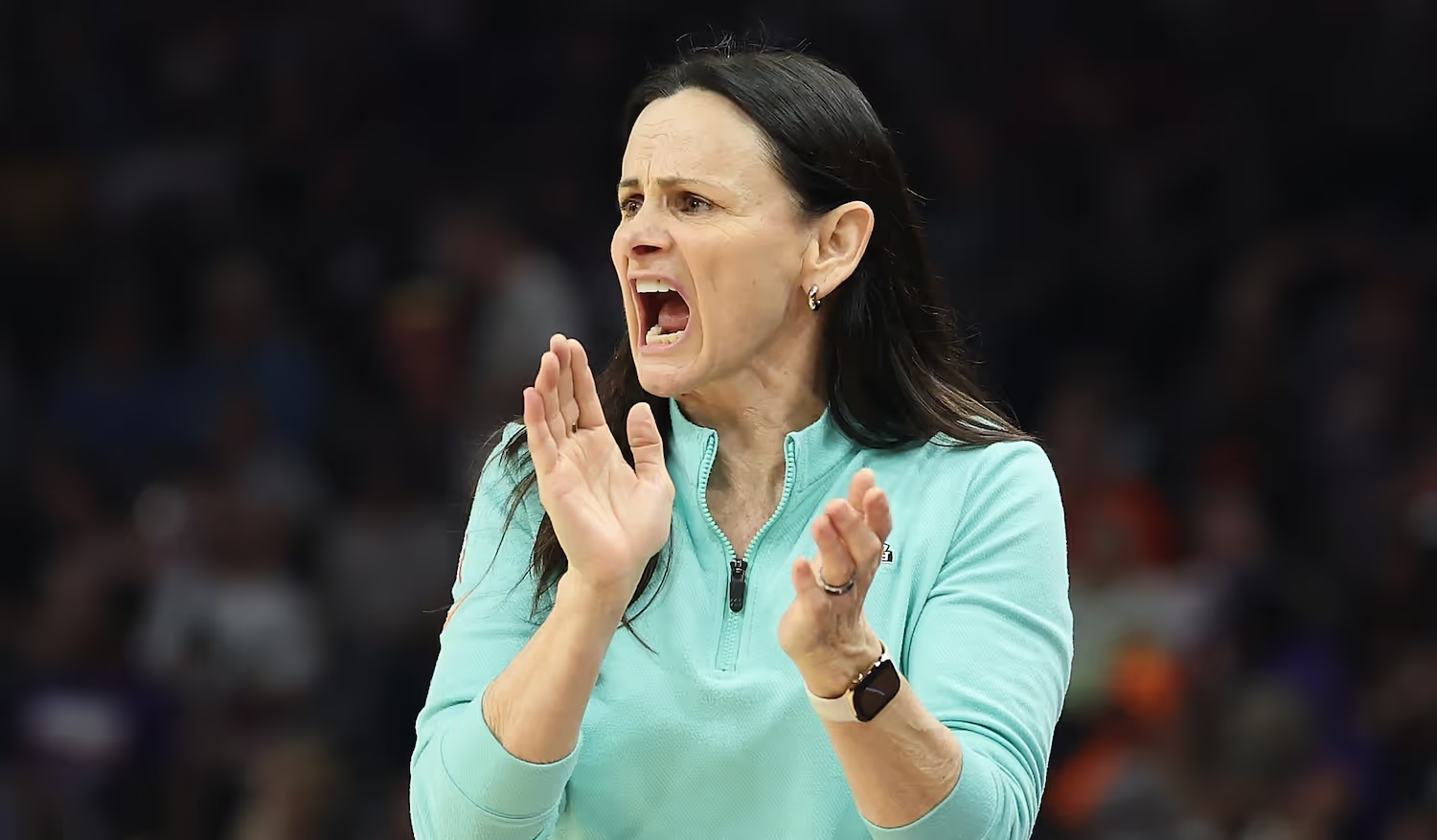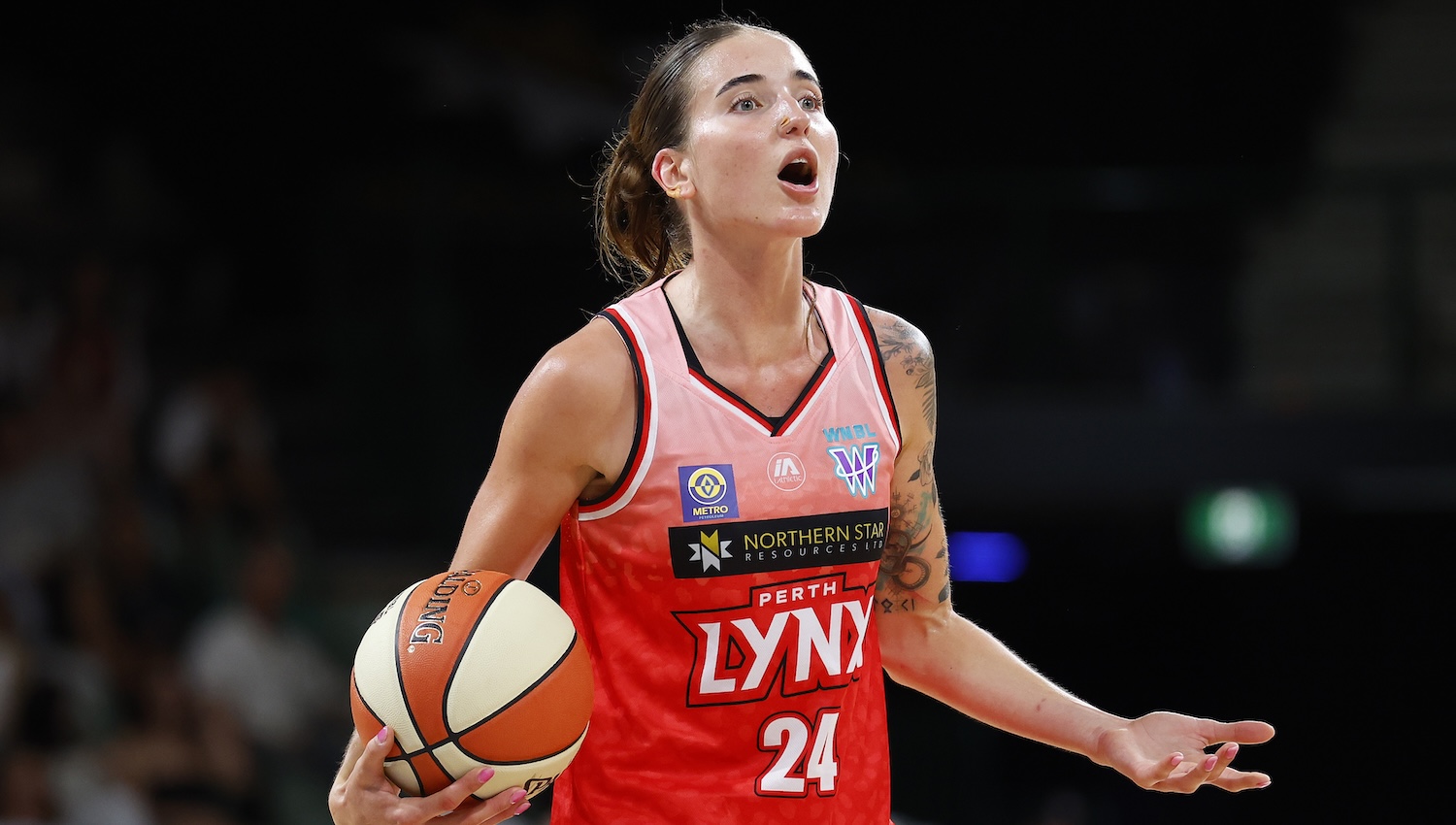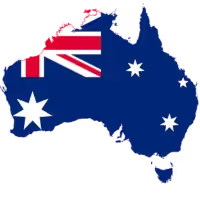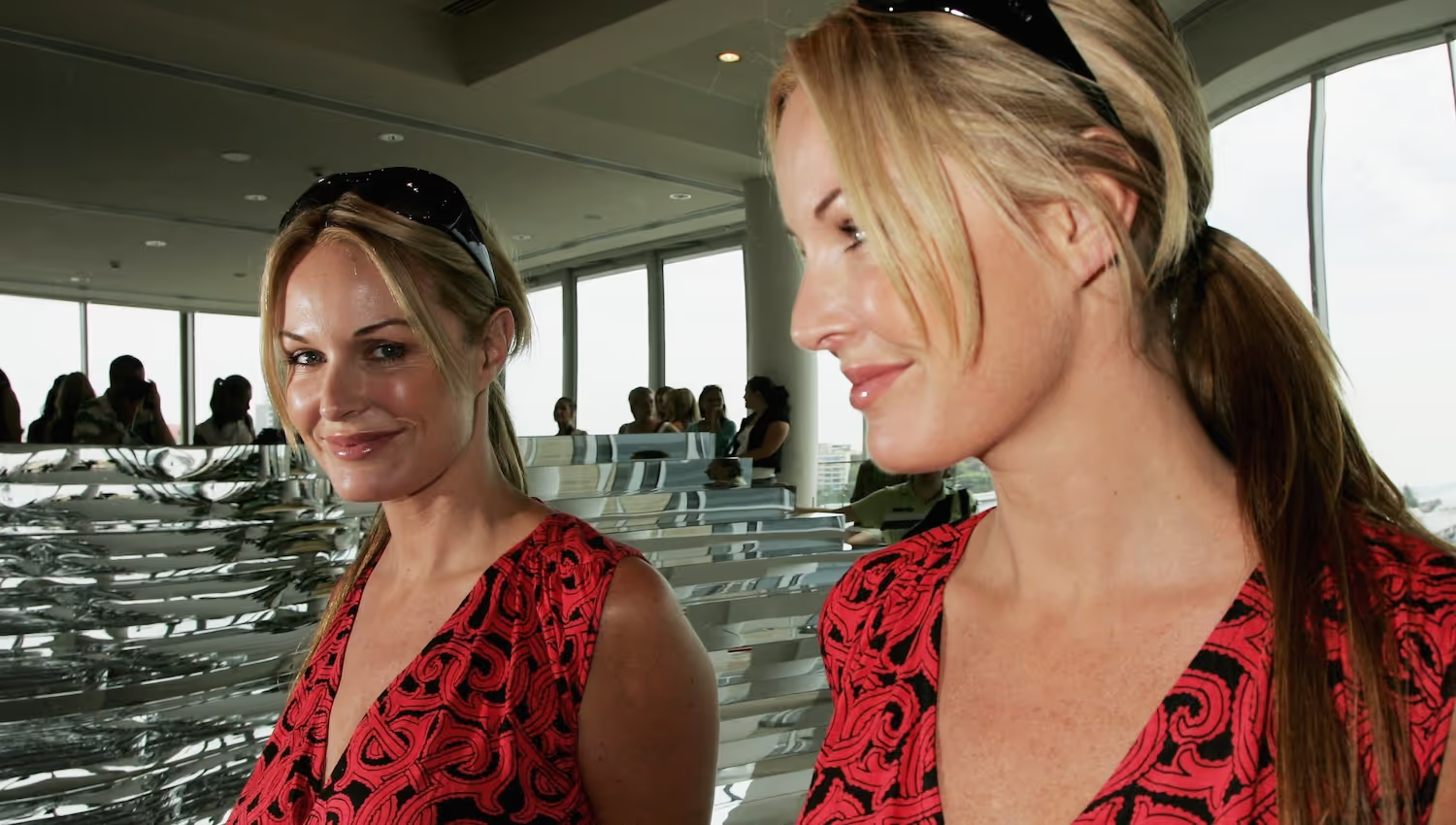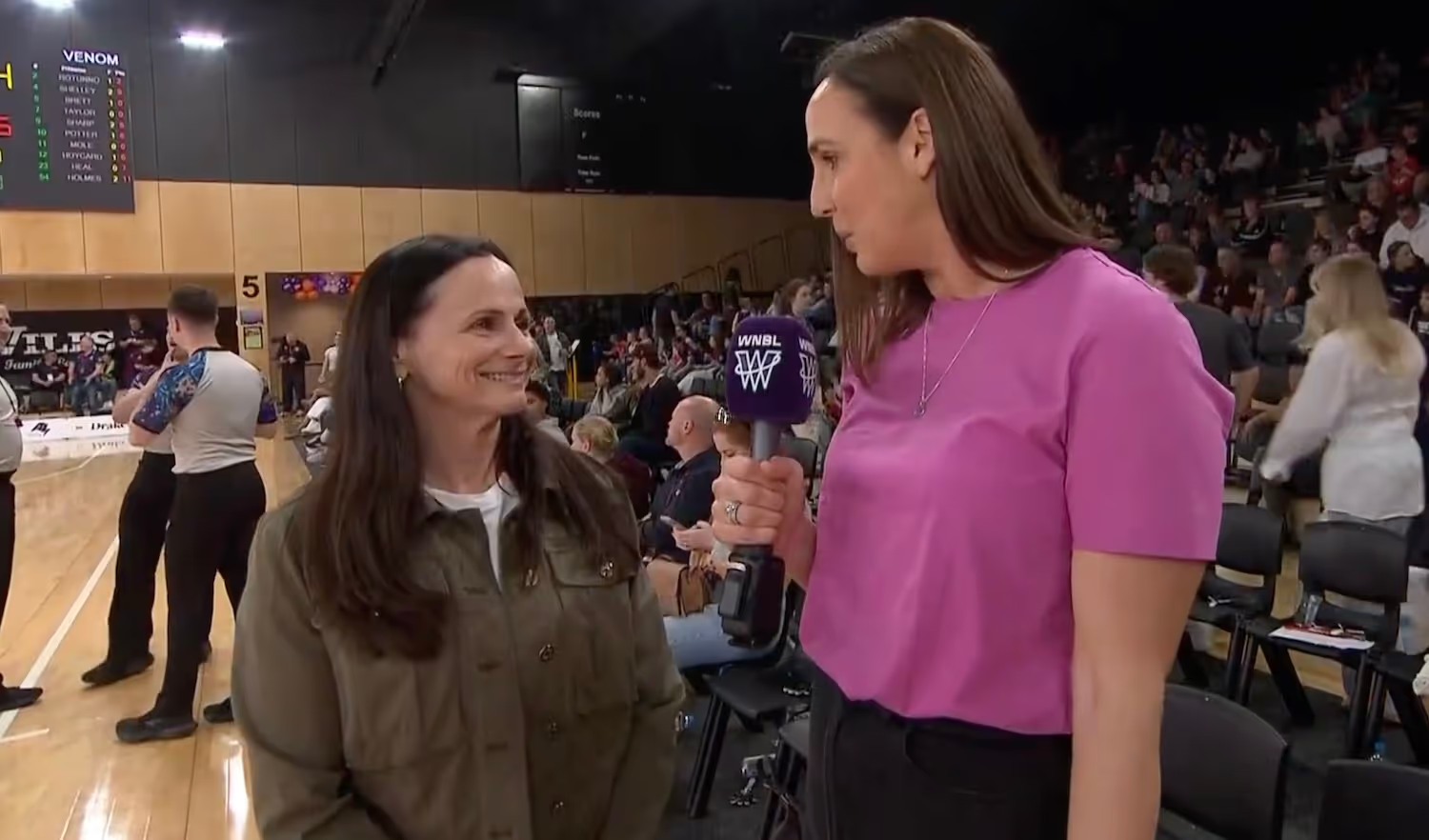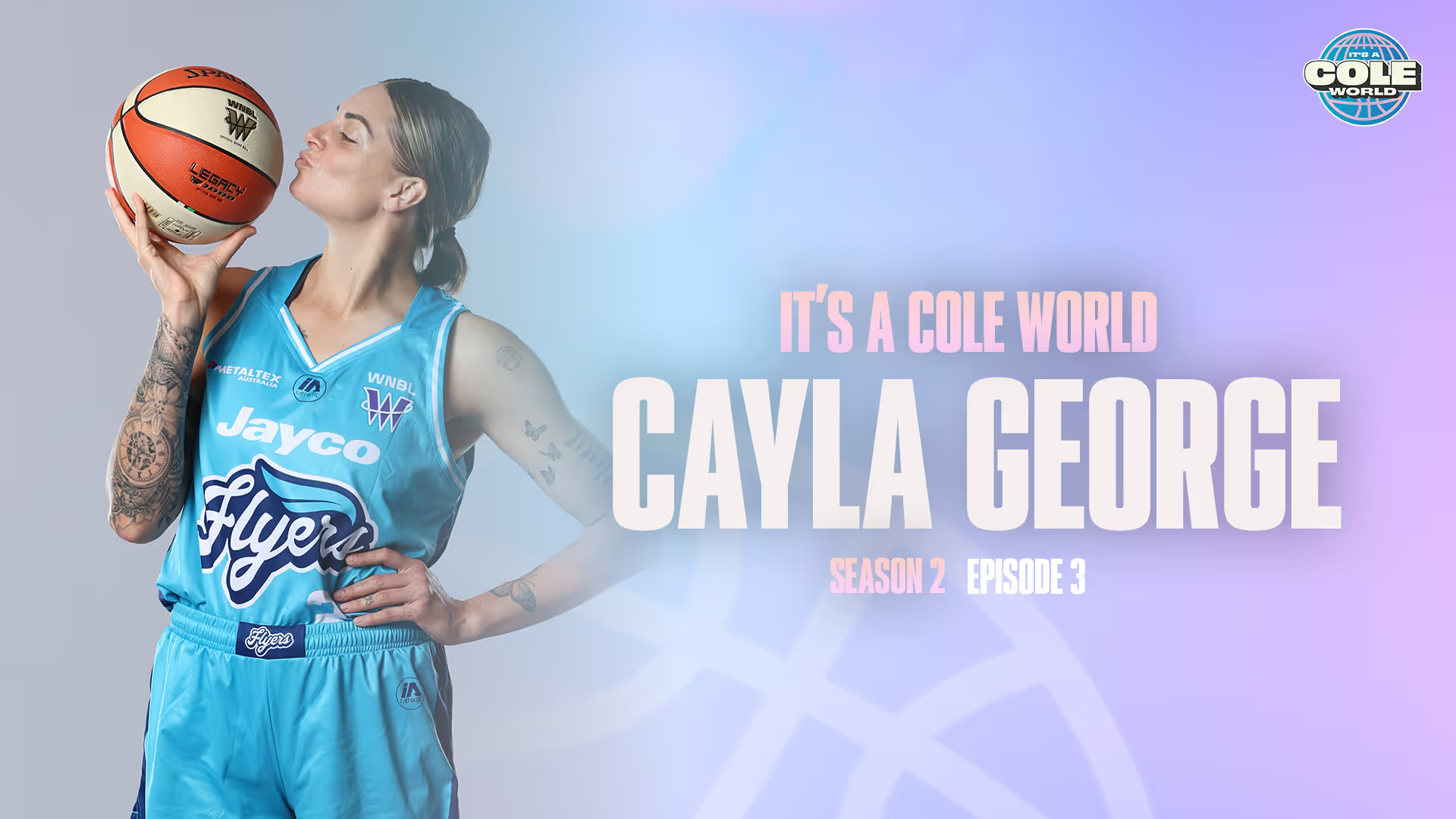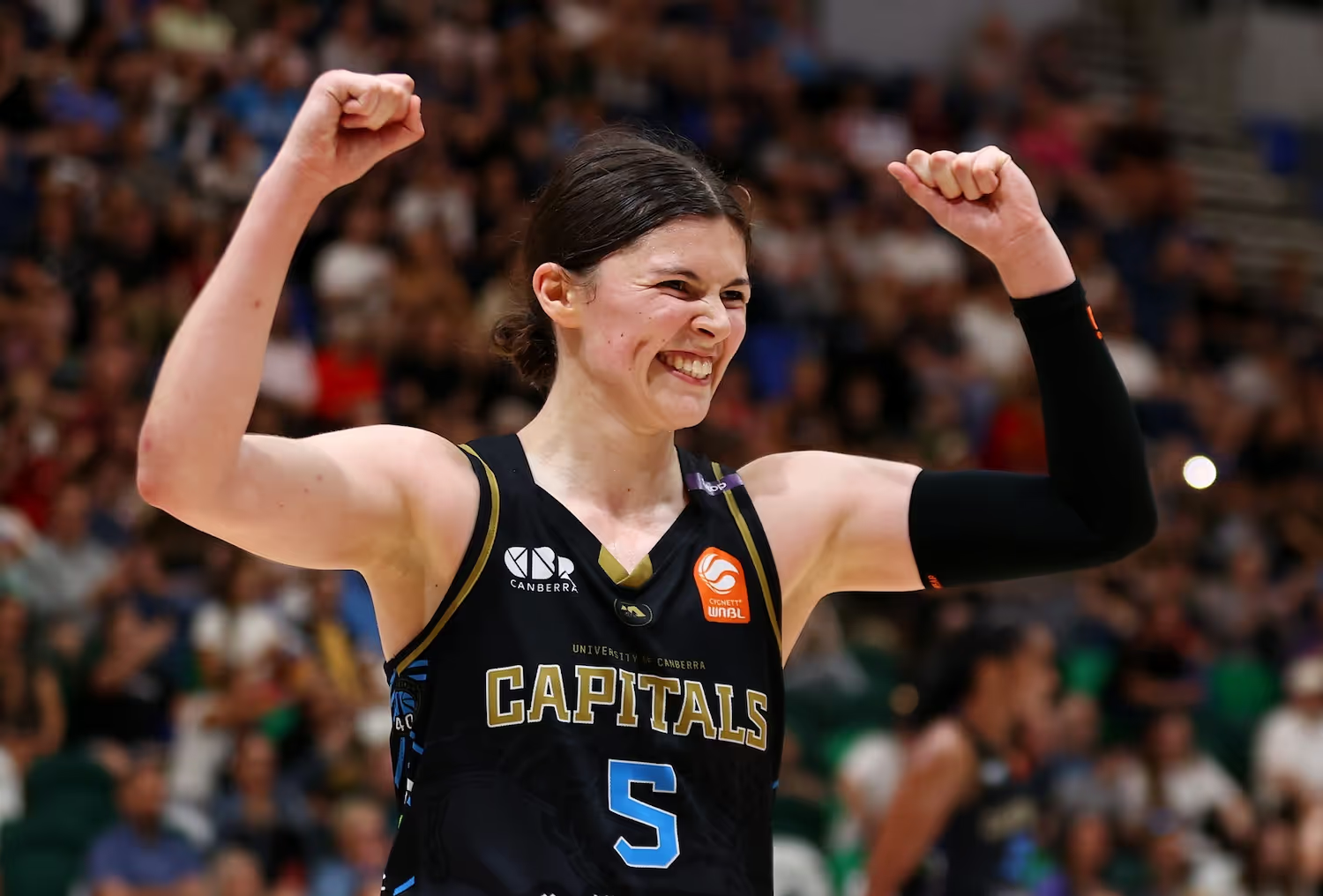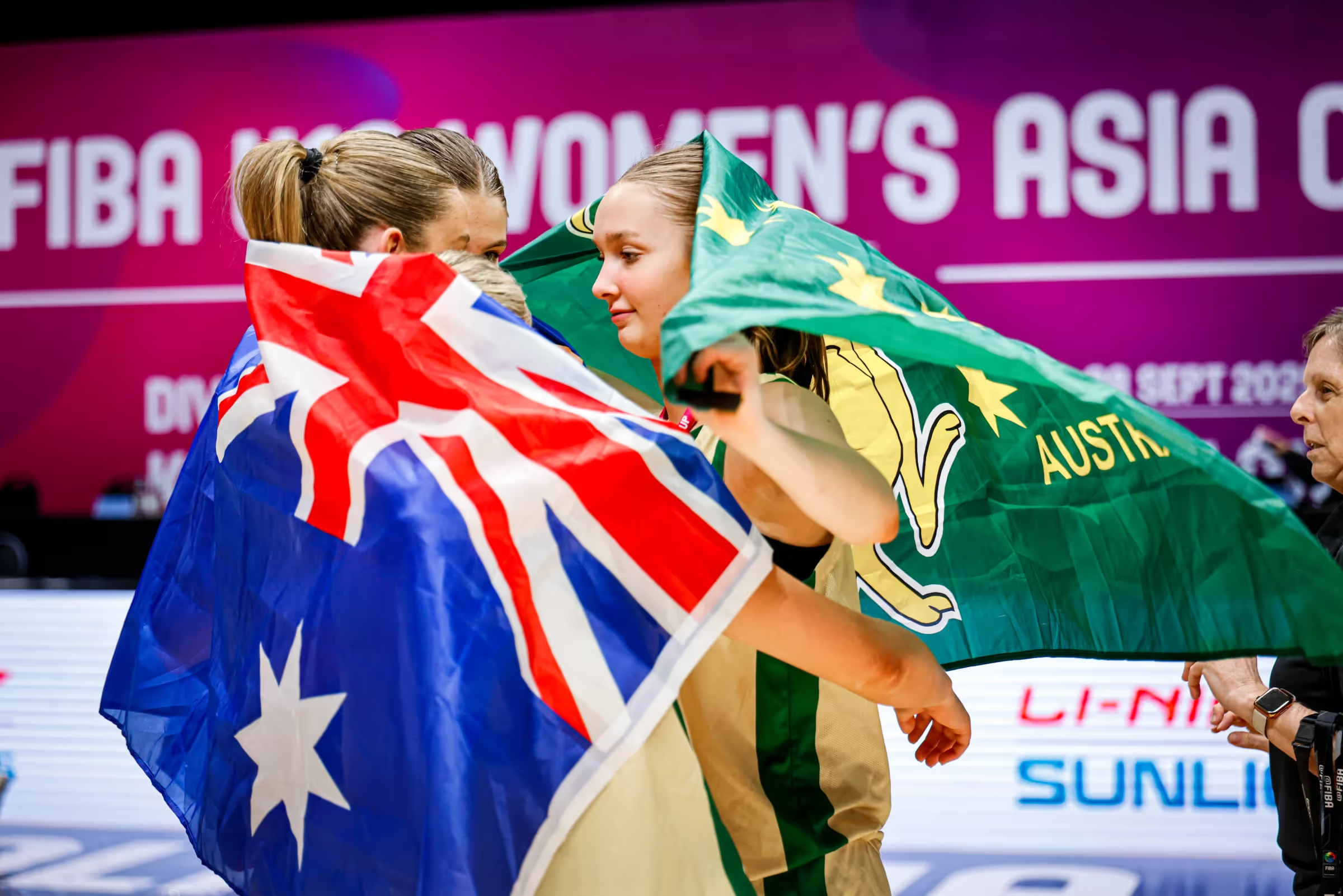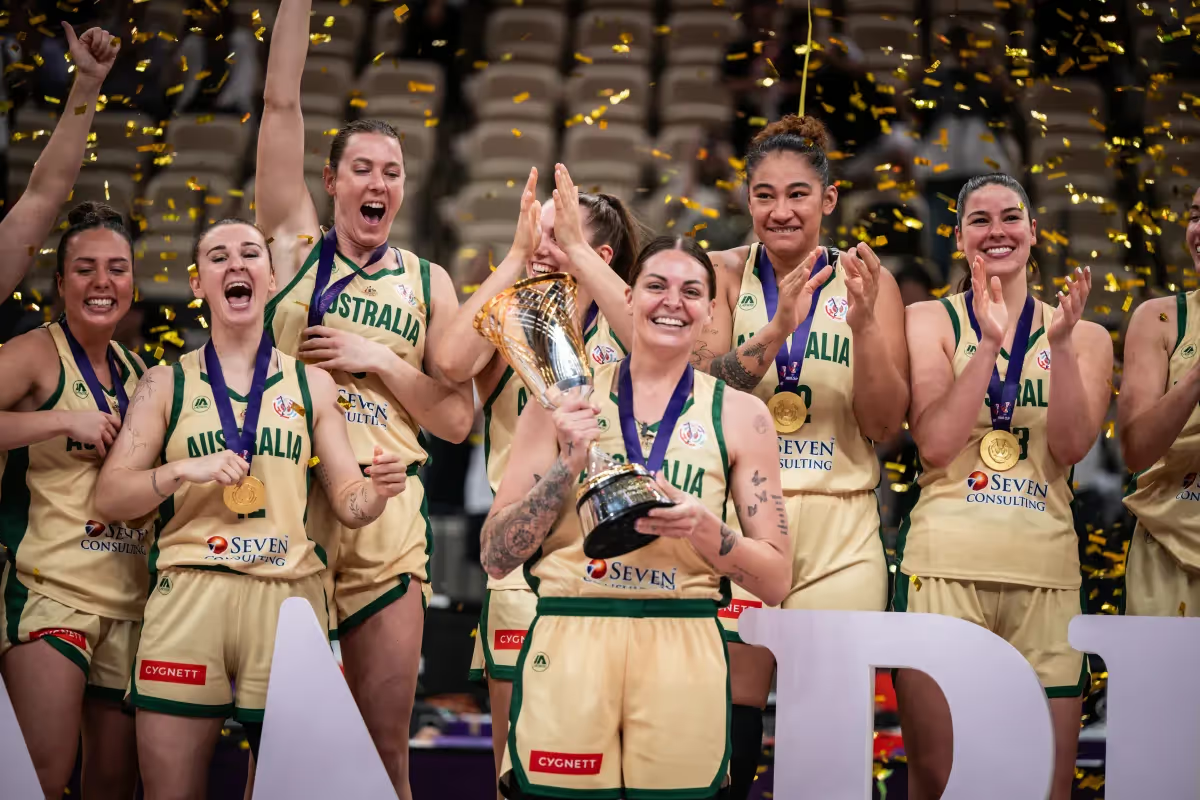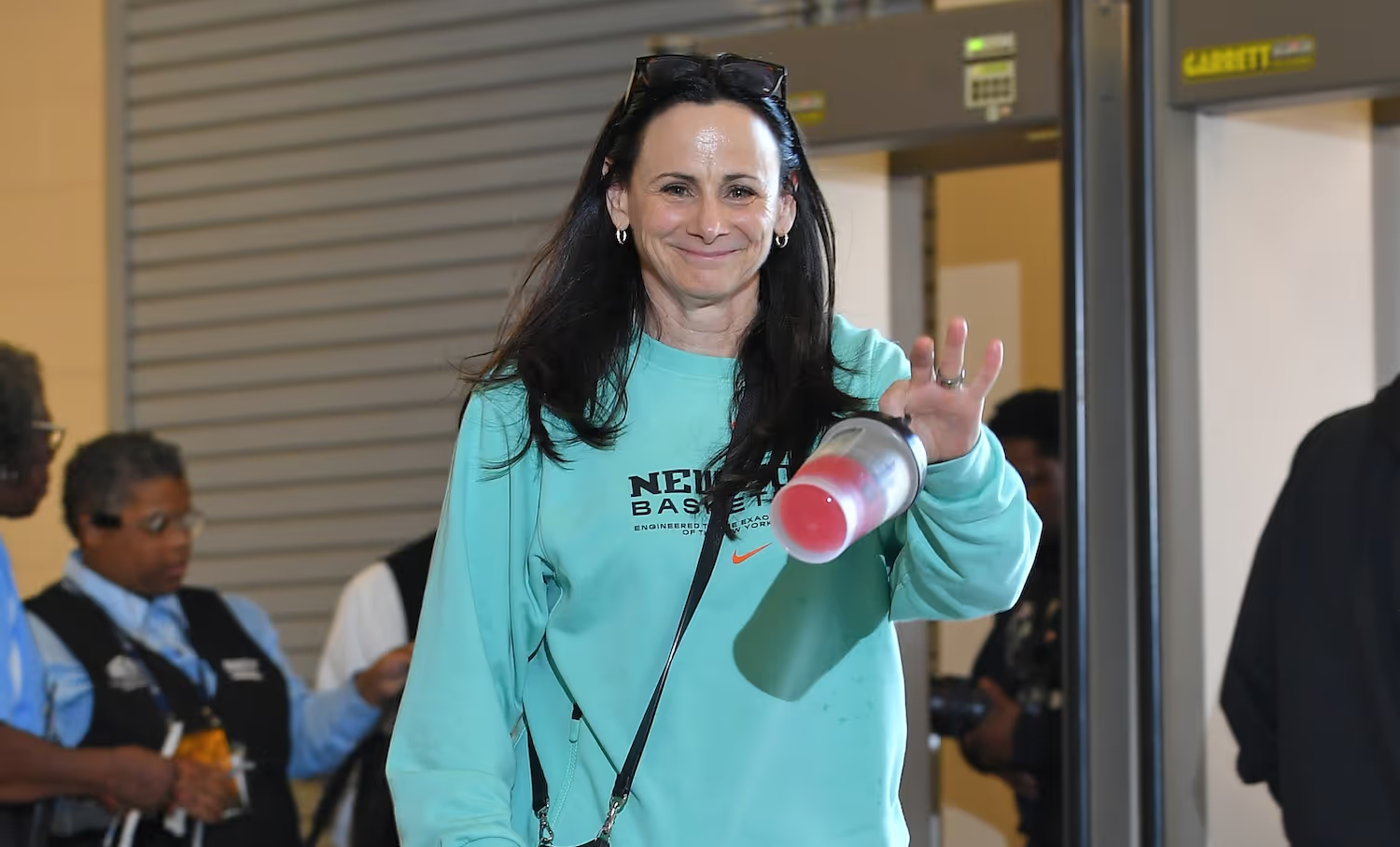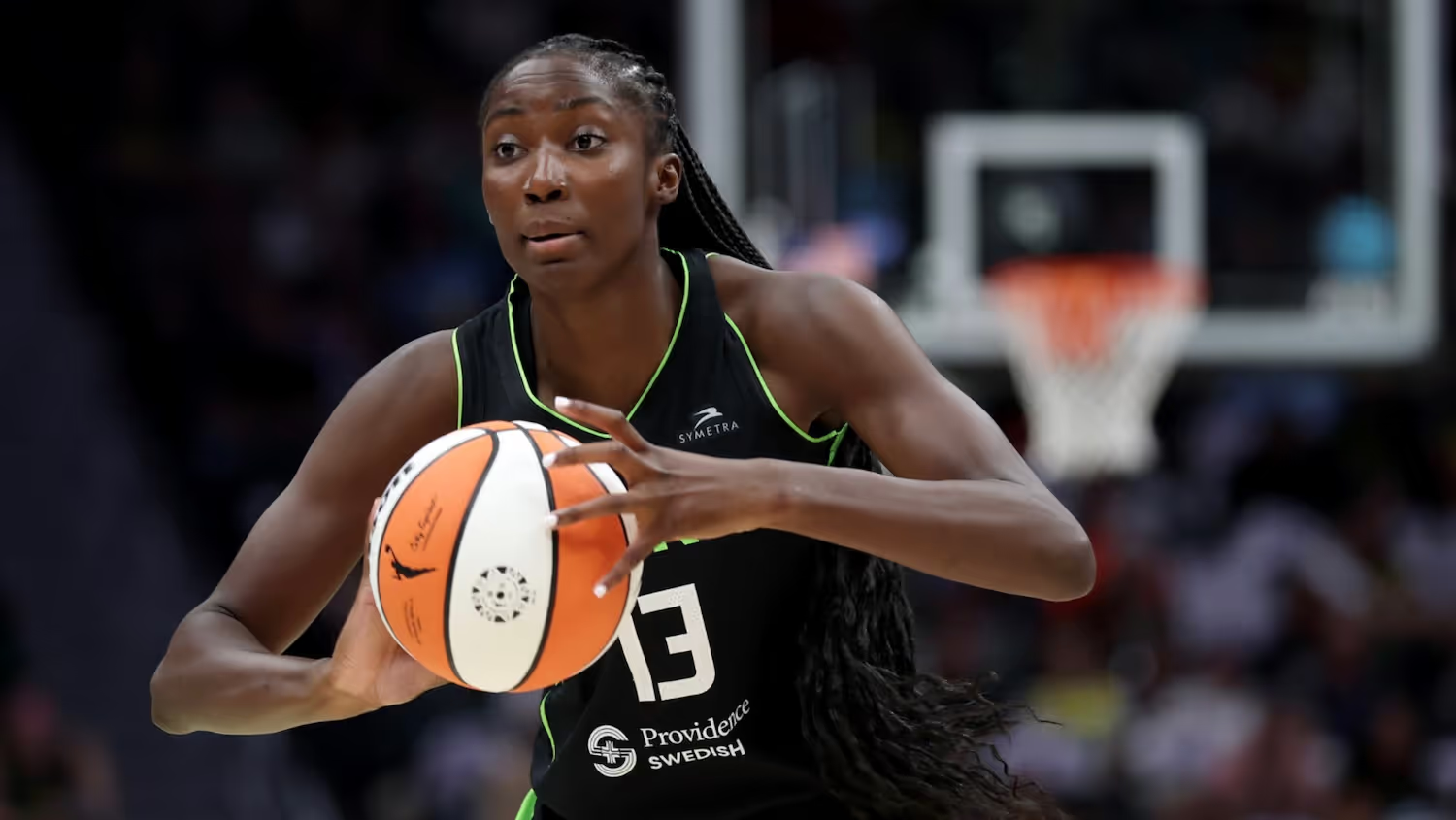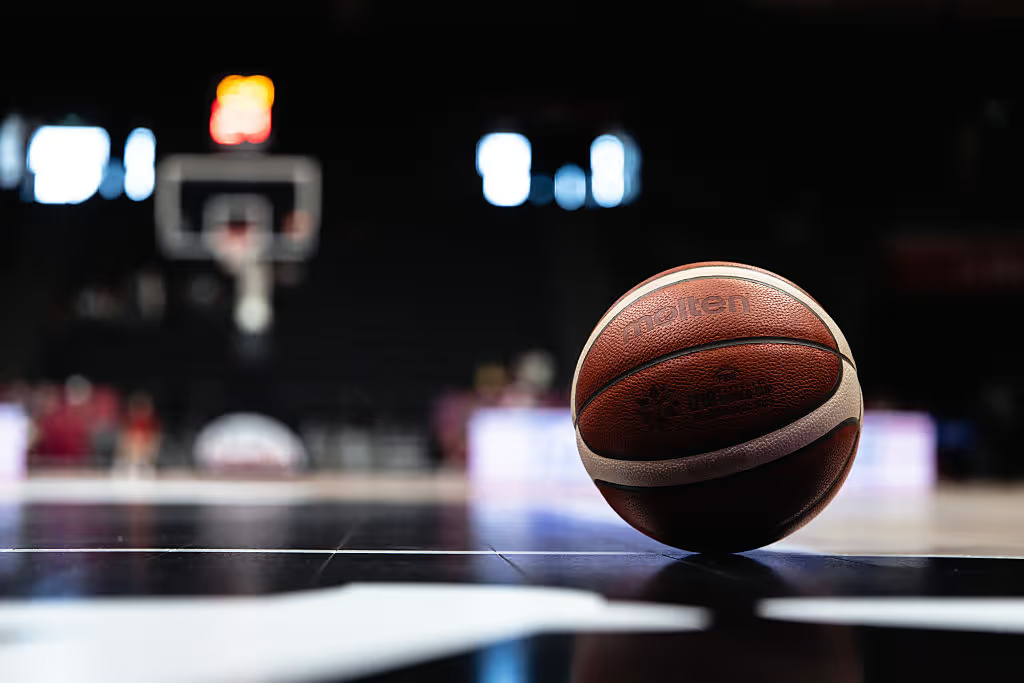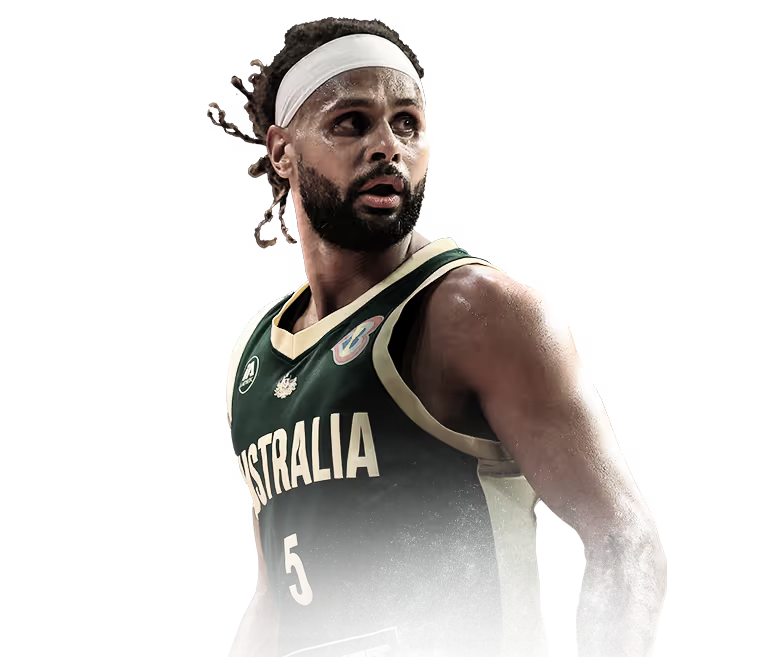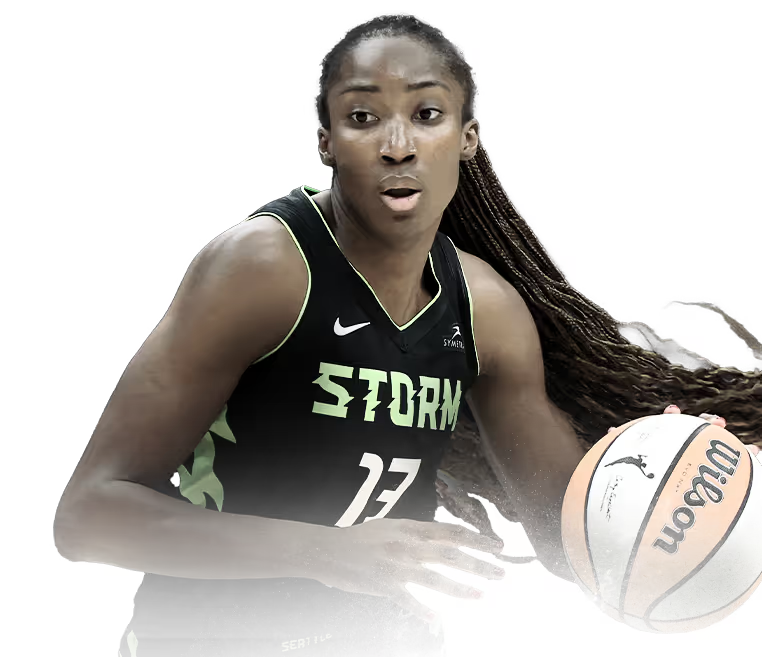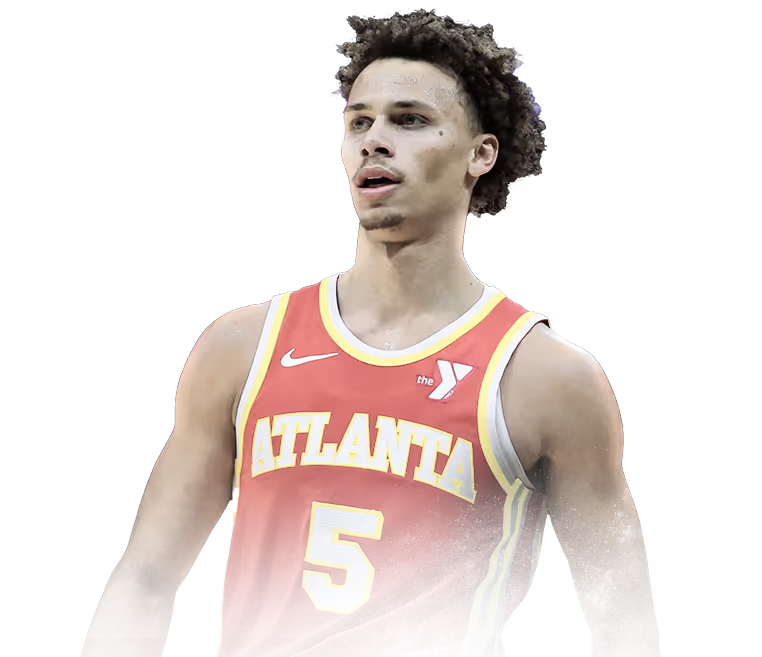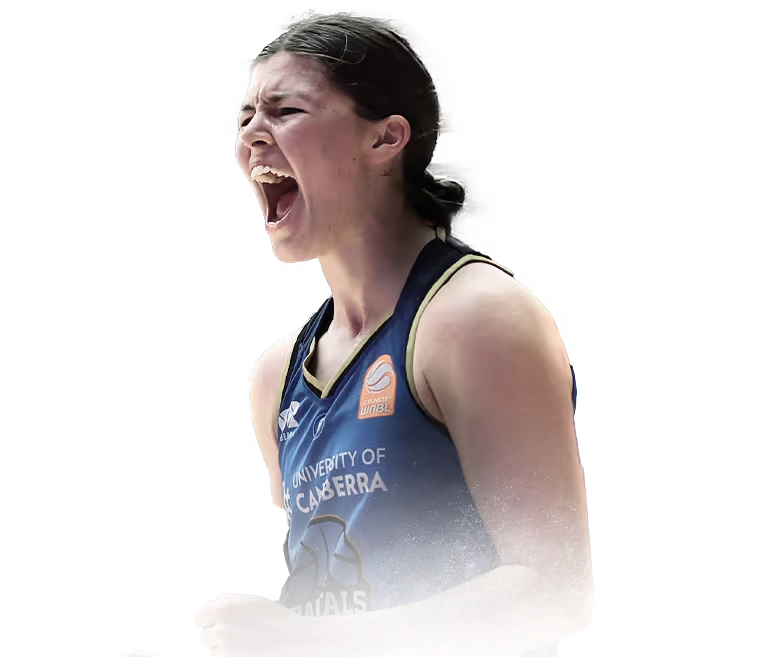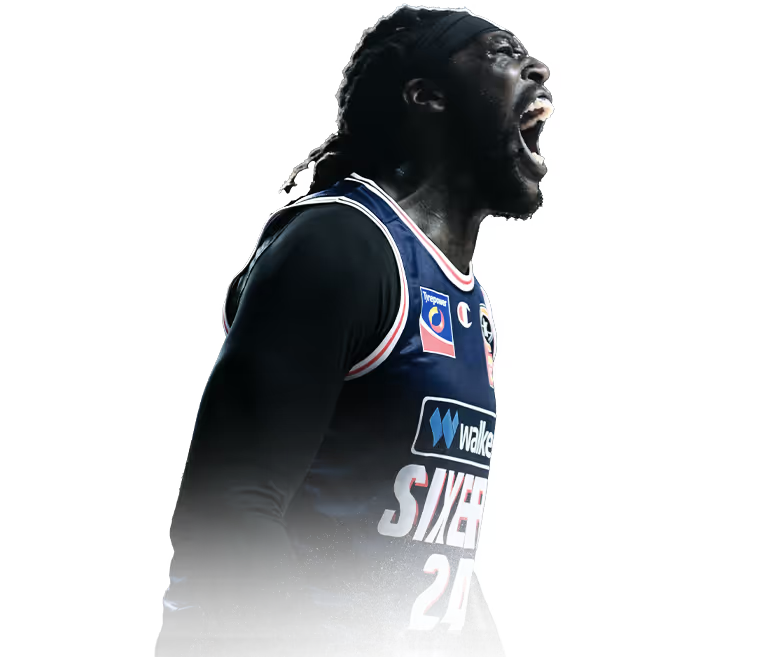

12
Nov
In-depth Analysis
The rise and rise of the Australian Opals
The Australian Opals have built a shining legacy on the world basketball stage
- The Opals have been a dominant force in international women's basketball since the 1990s
- Australia has won nine medals at Olympic Games and World Cups, including gold at the 2006 World Championship
- Recent years have seen a transition to a new generation of players for the national team
The Australian women's national basketball team, dubbed the Opals, has been one of the most successful international teams since the 1990s. With a storied history spanning decades, the Opals have consistently competed at the highest levels of women's basketball.
Rise to International Prominence
Early Years
Basketball arrived in Australia in the early 1900s, but it wasn't until the 1950s that the women's national team began competing internationally. The Opals made their World Championship debut in 1957, finishing 10th. Throughout the 1960s and 1970s, the team continued to develop, regularly competing in World Championships but struggling to break into the upper echelons.
Olympic Breakthrough
The 1984 Los Angeles Olympics marked the Opals' Olympic debut, where they finished 5th. Four years later in Seoul, they narrowly missed out on a medal, finishing 4th. This period laid the foundation for future success.
1990s: Emergence as a Medal Contender
The 1990s saw the Opals establish themselves as a genuine medal threat. They finished 4th at the 1994 World Championships on home soil in Australia. The breakthrough came at the 1996 Atlanta Olympics, where the Opals won bronze - their first Olympic medal. This was followed by another bronze at the 1998 World Championships.

Golden Era: 2000s
Olympic Silver Streak
The new millennium ushered in an era of unprecedented success for the Opals. They won silver medals at three consecutive Olympics:
- 2000 Sydney Olympics
- 2004 Athens Olympics
- 2008 Beijing Olympics
In each tournament, the Opals dominated until the final, where they fell to the United States.

World Champions
The pinnacle of the Opals' success came at the 2006 FIBA World Championship in Brazil. Led by stars Lauren Jackson and Penny Taylor, Australia went undefeated to claim their first world title. Taylor was named tournament MVP as the Opals defeated Russia 91-74 in the gold medal game.
Key Players (Opals All-Time Starting Five)
Lauren Jackson
Widely regarded as one of the greatest players in women's basketball history, Lauren Jackson was the cornerstone of the Opals' success for over a decade. Her combination of size, skill and competitiveness made her nearly unstoppable. Jackson was a three-time WNBA MVP and seven-time WNBA All-Star in addition to her international accolades.
Michele Timms
Captained by point guard Michele Timms, the 2000 Sydney Olympics team started out with dominating performances winning all of their first seven games, sending them to their first ever gold medal match, against the US, before claiming silver. Timms was the heart and soul of the Opals for a generation. She was inducted into the Naismith Basketball Hall of Fame in 2024.
Penny Taylor
A versatile wing player, Penny Taylor was a perfect complement to Jackson. Her all-around game and leadership were crucial to Australia's success, particularly in their 2006 World Championship victory. Taylor had a decorated WNBA career with the Phoenix Mercury.
Sandy Brondello
Before becoming the Opals' head coach, Sandy Brondello was a key player on the national team from the late 1980s through the early 2000s. She played in four Olympics and was part of the bronze medal-winning team in 1996.

Recent Years and Transition
2010s: Continued Success and Challenges
The Opals maintained their place among the world's elite in the 2010s, though with some setbacks. They won bronze at the 2012 London Olympics but suffered a shocking quarterfinal exit at the 2016 Rio Olympics. At World Championships/World Cups, they claimed bronze in 2014 and silver in 2018.
New Generation
Recent years have seen a transition to a new generation of players. While veterans such as Liz Cambage have been key contributors, emerging talents such as Ezi Magbegor, Alanna Smith, Jade Melbourne and Amy Atwell represent the future of Australian women's basketball.
Competitive Record
Olympics
The Opals have qualified for every Olympics since 1984, winning a total of five medals:
- Silver: 2000, 2004, 2008
- Bronze: 1996, 2012
World Cup
Australia has been a consistent force at the FIBA Women's World Cup (formerly World Championship), with notable results including:
- Gold: 2006
- Silver: 2018
- Bronze: 1998, 2002, 2014, 2022

Australian Basketball Landscape
Domestic League
The Women's National Basketball League (WNBL) is Australia's top-level women's basketball competition. Established in 1981, the WNBL has been a crucial platform for developing talent for the national team. Many Opals players have starred in the WNBL, with some splitting their time between the WNBL and international leagues like the WNBA.
Development Pathways
Basketball Australia has established strong development pathways to identify and nurture young talent. The Australian Institute of Sport (AIS) has played a significant role in this process, with many future Opals honing their skills through AIS programs.
Coaching and Leadership
The Opals have benefited from strong coaching throughout their history. Notable coaches include:
- Tom Maher: Led the team to their first Olympic medal in 1996
- Jan Stirling: Guided the Opals to their 2006 World Championship victory
- Sandy Brondello: Former player who took over as head coach in 2017, leading the team to silver at the 2018 World Cup

Future Outlook
As of 2024, the Opals continue to be a force in international women's basketball. While the transition to a new generation has presented challenges, the team's strong basketball culture and development systems provide a solid foundation for continued success.
Key focus areas for the future include:
- Developing new leaders to fill the void left by retiring veterans
- Maintaining competitiveness against rising basketball powers, particularly in Asia
- Aiming for that elusive Olympic gold medal
With a rich history of success and a deep talent pool, the Australian Opals remain one of the most respected and feared teams in international women's basketball. As they continue to evolve, basketball fans around the world will be watching to see how this storied program writes its next chapter.
Exclusive Newsletter
Aussies in your Inbox: Don't miss a point, assist rebound or steal by Aussies competing overseas. Sign-up now!




.jpg)

.jpg)
